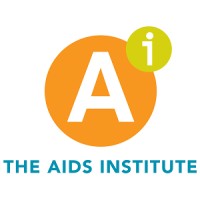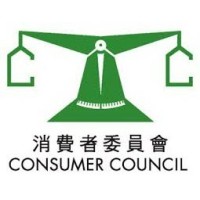
The AIDS Institute
The AIDS Institute promotes action for social change through public policy, research, advocacy and education. The AIDS Institute (TAI) began as a grass roots community advocacy effort in the mid 1980s. In 1992, this advocacy network became incorporated as Florida AIDS Action, a nonprofit organization. Over the years, TAI expanded its vision to become a leading national public policy research, advocacy, and education agency with offices in Tampa, and Washington, DC. Affiliated with the Division of Infectious Diseases and International Medicine at the University of South Florida College of Medicine, The AIDS Institute remains focused on HIV/AIDS while incorporating work on related healthcare issues such as Hepatitis, as well as other infectious and chronic diseases.






